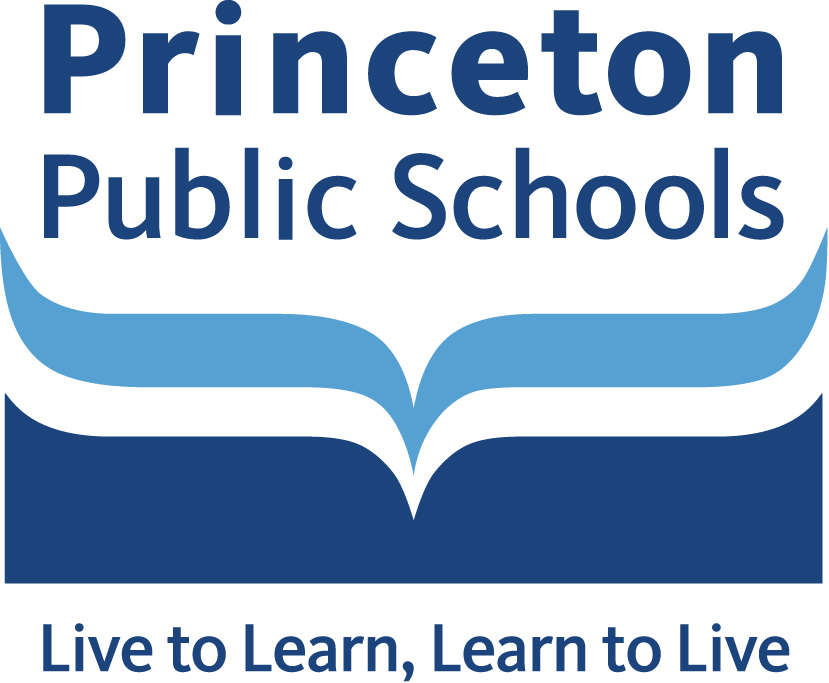Citing the potential to wreak financial havoc on the school district’s ability to function, a proposed state bill that would, if enacted into law, allow municipal officials to delay making quarterly property tax payments to school districts has drawn fire from the Princeton Public Schools Board of Education.
Board members have unanimously passed a resolution which urges the state Senate and Gov. Phil Murphy to oppose Assembly Bill 3902, which was passed in the Assembly on March 25. The legislation was sent to the Senate on April 9.
The New Jersey School Boards Association also opposes A-3902, which would authorize the state Department of Community Affairs to allow municipalities to “extend the dates for the payment of taxes by a municipality (that are) due to a county, a school district or any other taxing district” during a state of emergency declared by the governor.
Murphy declared a state of emergency on March 9 due to the COVID-19 outbreak.
Property owners pay taxes on a quarterly basis. The property taxes are due Feb. 1, May 1, Aug. 1 and Nov. 1. The municipality serves as the tax collector and distributes the taxes levied by the county and the school district to each entity, and then to itself.
Delaying the due date for property taxes and the distribution of the school district’s payment would “wreak havoc” on the school district’s ability to run the schools, board President Beth Behrend said during a March 31 meeting.
The bill as it is currently written “is intended to ease a financial burden on municipalities, (but) it would place a severe strain on school districts and the students and families they serve,” the board’s resolution states.
The resolution notes that New Jersey’s public schools are highly dependent on property tax revenue to support education programs and that on average, local property taxes make up about 60% of the total revenue to support a school district’s budget.
In the Princeton Public Schools, local property taxes make up 84% of the revenue to support the budget. The board’s proposed $95.6 million budget for 2020-21 calls for $79.8 million to be collected in property taxes as a source of revenue.
A delay in the quarterly tax payment “would result in a financial crisis for (the) school district, seriously disrupting the educational process,” according to the resolution.
While the board recognizes the impact of the current public health emergency on the state and local governments and on school districts, it “believes this legislation would worsen the situation for our communities,” according to the resolution.
Board member Peter Katz, who is Cranbury’s representative on the board, criticized the proposed bill.
Cranbury, which does not have a high school, sends its high school students to Princeton High School.
“This is one of the most damaging pieces of legislation I have seen. I can’t imagine the turmoil this would send every district into, if this is enacted,” Katz said.
Board member Susan Kantor said the goal of the resolution is to have the Senate amend the bill before it is passed; possibly sending it back to the Assembly to be changed.
Kantor questioned whether lawmakers understood the impact of the proposed legislation. It is one thing to delay payments to a vendor, a company that provides goods or services, but it is “very different from the delay of payments to your schools,” Kantor said.

